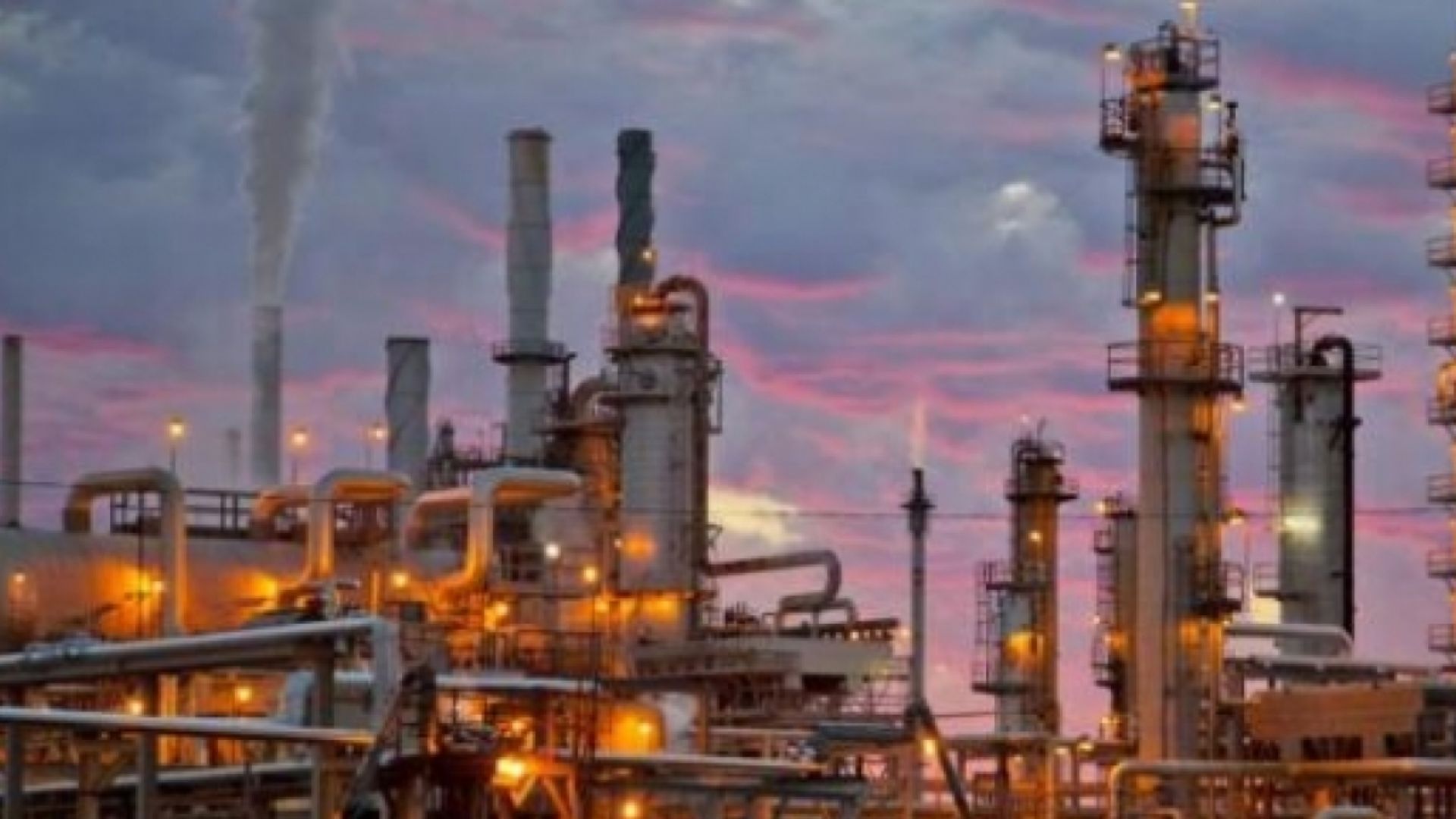Pengerang Integrated Petroleum Complex: A Catalyst for Malaysia's Petrochemical Industry
- Malaysia | 14 June 2017

The petrochemicals industry in Malaysia has witnessed remarkable progress in recent years, driven by a well-established infrastructure and strategic international partnerships with major companies. To further enhance the nation’s standing in this sector, the Pengerang Integrated Petroleum Complex (PIC) in Johor was introduced in 2014. While the project has faced challenges amidst a difficult global environment, including plummeting oil prices and reduced investor confidence, significant strides have been made, with several ongoing projects set to establish the complex as a cornerstone of the industrial sector in the coming years.
The conception of the Pengerang Integrated Petroleum Complex (PIC) dates back to 2010 when the Petronas Chemicals group emerged as the primary investor. The ambitious plan outlined the development of a vast industrial site spanning 20,000 acres in Johor, incorporating oil refineries, petrochemical plants, and a liquefied natural gas import terminal. With the long-term objective of transforming into a regional storage and trading hub by 2035, Pengerang’s strategic location at the southeastern tip of peninsular Malaysia provides easy access to major international shipping routes. The complex’s minimal environmental and social impact, owing to its sparse population, coupled with the deep waters of the harbor, eliminating the need for costly breakwater construction, were key factors behind its selection.
Several projects within the PIC have secured investments and are currently under construction, with expected completion by 2019. The first major undertaking is the MYR 5 billion deep-water petroleum terminal, a joint venture between Malaysian DIALOG Group Bhd, Dutch firm Royal Vopak, and the Johor state government. By 2020, this terminal is projected to boast a storage capacity of 5 million cubic meters. Another significant project is the MYR 60 billion Refinery and Petrochemical Integrated Development (RAPID) Project, approved in 2004. Spanning 2,000 hectares, RAPID is set to employ 70,000 workers during construction and create 4,000 jobs upon completion in 2019. The refinery will produce gasoline and diesel meeting European standards and provide feedstock for the petrochemical complex.
Despite the progress, the PIC has faced setbacks due to the cancellation of certain projects amid challenging market conditions. Petronas Chemicals, for instance, announced the cancellation of a USD 1.3 billion elastomer project within the RAPID project, resulting in a reduction of capacity by 0.35 million metric tons per year. Nevertheless, the annual production capacity of the PIC is expected to exceed 3 million metric tons per year. Additionally, key projects such as the co-generation plant (PCP) and polypropylene (PP) plant remain integral to the complex. The PCP will supply power to the entire PIC, generating 1.22 GW through its co-generation units, contributing to the complex’s environmentally friendly nature. The PP plant, upon completion, will have a production capacity of 900,000 tons per annum, offering a diverse range of PP products.
In an interview with TBY, Petronas Chemicals Group Managing Director & CEO Datuk Sazali Hamzah highlighted the company’s mission in Malaysia, focusing on strengthening their petrochemicals slate while selectively diversifying into derivatives, specialty chemicals, and solutions. Despite the current market challenges, he expressed confidence in the long-term growth of urea consumption, particularly in Southeast Asia and the Asia Pacific region, in line with population expansion. By 2020, the petrochemicals projects under the PIC are projected to add approximately 3.5 million metric tons per annum, establishing a solid foundation for venturing into derivatives and specialty chemicals. Johor’s pivotal role in this plan positions Petronas to diversify and explore new avenues for profitability and success within Malaysia’s industrial sector.
The Pengerang Integrated Petroleum Complex (PIC) represents a transformative initiative for Malaysia’s petrochemical industry, providing a platform for growth and economic advancement. Despite encountering challenges stemming from global market conditions, the complex has made substantial progress, with ongoing projects that promise to establish its position as a vital component of the country’s industrial landscape. By capitalizing on strategic advantages, fostering international partnerships, and embracing a diversified approach, Malaysia aims to unlock the full potential of the PIC and secure a prosperous future in the petrochemical sector.








